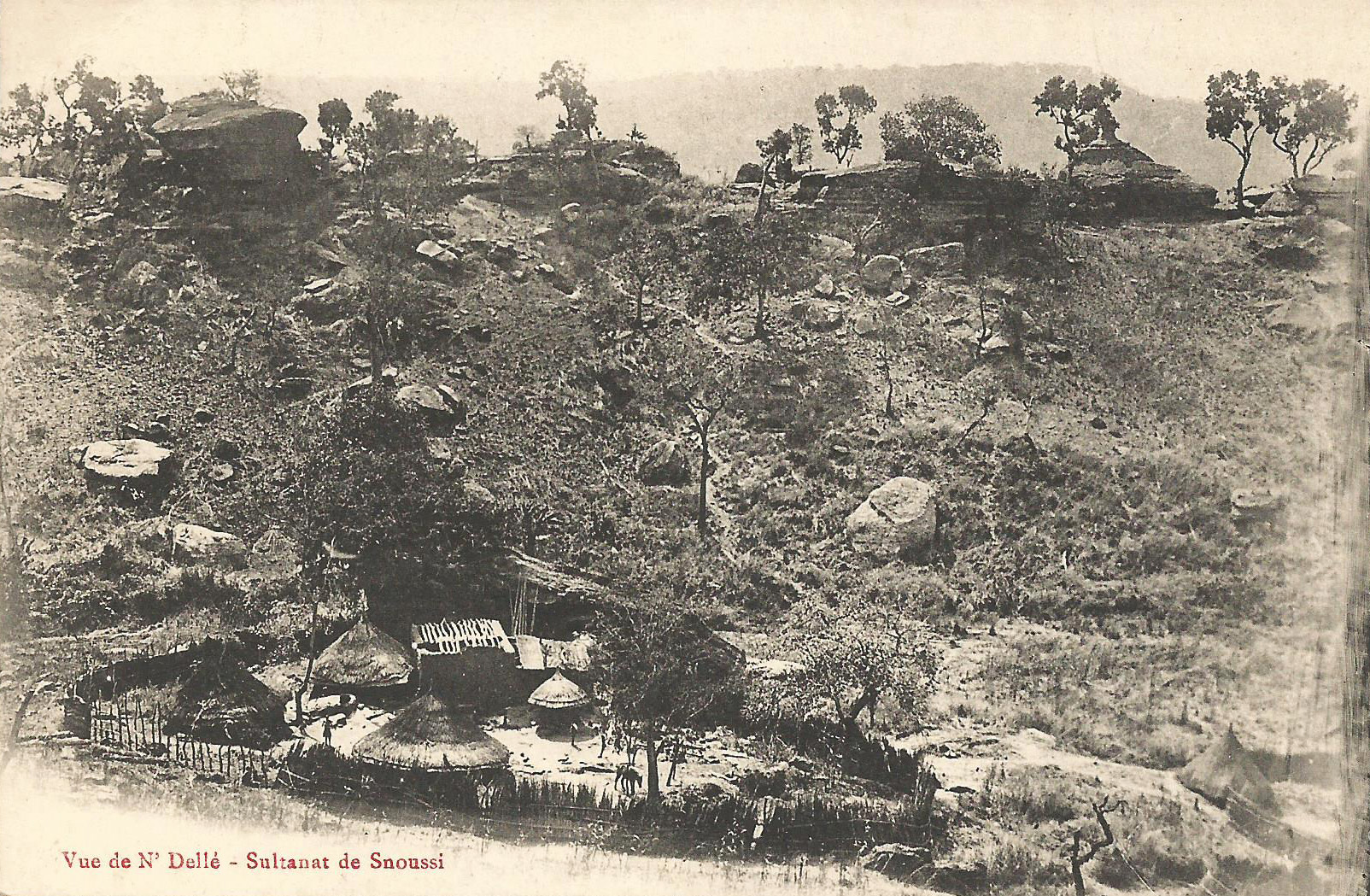|
Dar Runga
Dar Runga was a sultanate in what is today southern Chad. It was a tributary state of the Ouaddai Empire. It was conquered by Rabih az-Zubayr in 1890 and annexed to its former vassal, the sultanate of Dar al Kuti Dar al Kuti ('Dar al-Kuri' in some sources) was an Islamic state in the center and northwest of the present Central African Republic which existed from around 1830 until 17 December 1912. From around 1800 the name Dar al-Kuti was given to a stre .... References Traditional Rulers in the Central African Republic {{Chad-stub History of Chad ... [...More Info...] [...Related Items...] OR: [Wikipedia] [Google] [Baidu] |
Sultanate
This article includes a list of successive Islamic states and Muslim dynasties beginning with the time of the Islamic prophet Muhammad (570–632 CE) and the early Muslim conquests that spread Islam outside of the Arabian Peninsula, and continuing through to the present day. The first-ever establishment of an Islamic polity goes back to the Islamic State of Medina, which was established by Muhammad in the city of Medina in 622 CE. Following his death in 632 CE, his immediate successors established the Rashidun Caliphate, which was further succeeded by the Umayyad Caliphate and later the Abbasid Caliphate. While the primary caliphates gradually fractured and fell, other Muslim dynasties rose; some of these dynasties established notable and prominent Islamic empires, such as the Ottoman Empire centered around Anatolia, the Safavid Empire of Persia, and the Mughal Empire in India. Middle East and North Africa Mesopotamia and Levant (Iraq, Jordan, Lebanon, Palestine, Syria) ... [...More Info...] [...Related Items...] OR: [Wikipedia] [Google] [Baidu] |
Chad
Chad (; ar, تشاد , ; french: Tchad, ), officially the Republic of Chad, '; ) is a landlocked country at the crossroads of North and Central Africa. It is bordered by Libya to the north, Sudan to the east, the Central African Republic to the south, Cameroon to the southwest, Nigeria to the southwest (at Lake Chad), and Niger to the west. Chad has a population of 16 million, of which 1.6 million live in the capital and largest city of N'Djamena. Chad has several regions: a desert zone in the north, an arid Sahelian belt in the centre and a more fertile Sudanian Savanna zone in the south. Lake Chad, after which the country is named, is the second-largest wetland in Africa. Chad's official languages are Arabic and French. It is home to over 200 different ethnic and linguistic groups. Islam (55.1%) and Christianity (41.1%) are the main religions practiced in Chad. Beginning in the 7th millennium BC, human populations moved into the Chadian basin in great numbe ... [...More Info...] [...Related Items...] OR: [Wikipedia] [Google] [Baidu] |
Ouaddai Empire
The Wadai Sultanate ( ar, سلطنة وداي ''Saltanat Waday'', french: royaume du Ouaddaï, Fur: ''Burgu'' or ''Birgu''; 1501–1912) was an African sultanate located to the east of Lake Chad in present-day Chad and the Central African Republic. It emerged in the seventeenth century under the leadership of the first sultan, Abd al-Karim, who overthrew the ruling Tunjur people of the area. It occupied land previously held by the Sultanate of Darfur (in present-day Sudan) to the northeast of the Sultanate of Baguirmi. History Origins Prior to the 1630s, Wadai, also known as Burgu to the people of Darfur, was a pre-Islamic Tunjur kingdom, established around 1501. The Arab migrants to the area which became Wadai claimed to be descendants of the Abbasid Caliphs, specifically from Salih ibn Abdallah ibn Abbas. Yame, an Abbasid leader, settled with Arab migrants in Debba, near the future capital of Ouara (Wara). In 1635, the Maba and other small groups in the region rallied to ... [...More Info...] [...Related Items...] OR: [Wikipedia] [Google] [Baidu] |
Rabih Az-Zubayr
Rabih az-Zubayr ibn Fadl Allah or Rabih Fadlallah ( ar, رابح فضل الله ,رابح الزبير ابن فضل الله), usually known as Rabah in French (c. 1842 – April 22, 1900), was a Sudanese warlord and slave trader who established a powerful empire east of Lake Chad, in today's Chad. Born around 1842 to an Arabic tribe in Halfaya Al-Muluk, a suburb of Khartoum, he first served with the irregular Egyptian cavalry in the Ethiopian campaign, during which he was wounded. When Rabih left the army in 1860s, he became the principal lieutenant of the Sudanese slaveholder Sebehr Rahma. Lieutenant of al-Zubayr (1870–1879) In the 19th century, Khartoum had become a very important Arab slave market, supplied through companies of ''Khartumi'' established in the region of Bahr el Ghazal, where they resided in zarības ( ar, زريْـبـة), thornbush-fortified bases kept by bāzinqirs (firearm-equipped slave soldiers). The warlord and slaveholder al-Zubayr Rahma Mans ... [...More Info...] [...Related Items...] OR: [Wikipedia] [Google] [Baidu] |
Dar Al Kuti
Dar al Kuti ('Dar al-Kuri' in some sources) was an Islamic state in the center and northwest of the present Central African Republic which existed from around 1830 until 17 December 1912. From around 1800 the name Dar al-Kuti was given to a stretch of the frontier to the southwest of Wadai, a sultanate in the region of Lake Chad. The term "dar" signifies "abode" in Arabic, while the term "kuti" in the local language denotes a forest or densely-wooded area. History Origins and the rule of Djougoultoum (c.1830-1870) Both Wadai and its western neighbour the Sultanate of Baguirmi (1522-1897) sent slaving expeditions Into the lands of the Sara, a Nilotic people to the south of Chad. By the early nineteenth century these expeditions had reached into the present day Central African Republic. At this time, the ruler of Baguirmi was the ''Mbang'' Bourgomanda, who had two sons, Abd el-Kader and Djougoultoum. When Abd el-Kader became sultan in 1826, he sought to distance his brother fro ... [...More Info...] [...Related Items...] OR: [Wikipedia] [Google] [Baidu] |


